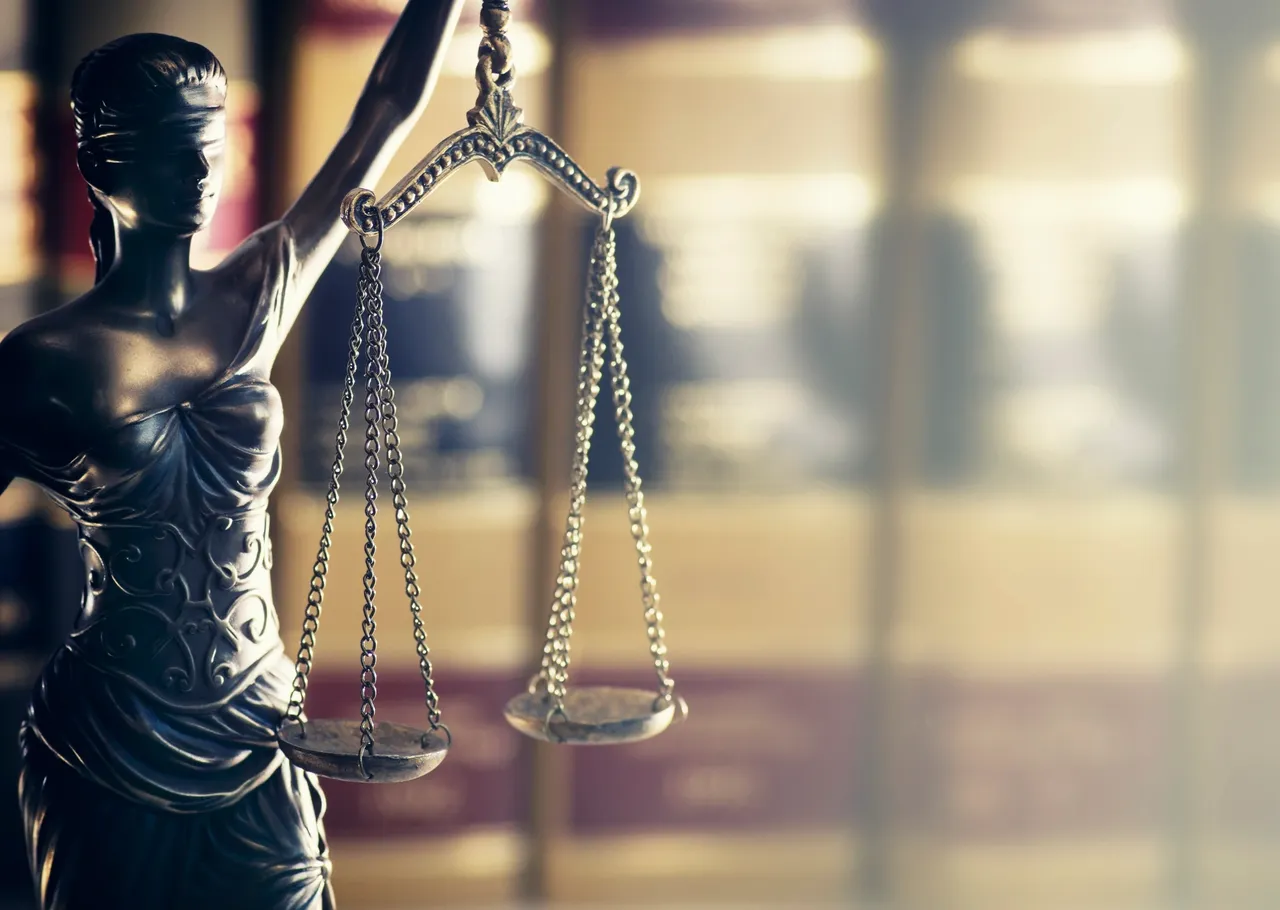TWO FUNDAMENTAL CONCEPTS
Most bankruptcy law can be distilled down to two fundamental concepts. The purpose of bankruptcy law is to treat creditors fairly and to allow debtors to live with dignity.
Fair Treatment of Creditors. Several provisions in the bankruptcy code are designed to advance the policy of treating creditors fairly. One way this is done is through the classification of creditors into three groups: secured, unsecured priority and general unsecured creditors. Secured creditors, such as real estate mortgage companies and car lenders, have a security interest in collateral that secures performance of the borrowers’ repayment obligations. Unsecured priority creditors have a special status that Congress has determined requires that they be paid in full before general unsecured creditors receive any payment in a bankruptcy. The person who is owed child support or spousal maintenance and state and federal taxing authorities are the most common priority creditors. General unsecured creditors commonly include retail charge cards and revolving credit cards, open lines of credit, medical bills and lawyers’ bills. The law provides that all creditors within a specific class be treated the same as the rest of the creditors in the class.
So in a case where an individual pays off a $2000 balance credit card before filing a bankruptcy case and doesn’t pay on any other cards, the bankruptcy code will allow the bankruptcy trustee to recover that payment and then pay all of the creditors on a pro-rata basis.
Dignity for Debtors. The bankruptcy code contains several provisions to protect a debtor’s dignity. Immediately upon filing a bankruptcy case, the bankruptcy debtor is protected by the bankruptcy automatic stay. The automatic stay provisions in the bankruptcy code provides that creditors can take no action to collect on a bankruptcy debtor’s debt while the bankruptcy case is pending (the notable exception to this rule is that child support can continue to be collected agains a bankruptcy debtor. So the harassment that goes along with debt collection stops once a person has filed a bankruptcy petition. And after the debtor has completed the process and received a bankruptcy discharge, the discharge injunction entered by the Bankruptcy Court makes permanent the protection for the bankruptcy debtor against being contacted for collection by creditors.
These are just two examples of the way bankruptcy works to treat creditors fairly and protect the dignity of the debtor. To get more information about the way bankruptcy works, contact Kain + Henehan to set up a free, no-obligation appointment. Find us at www.kainhenehan.com

